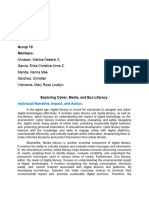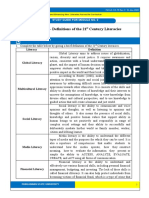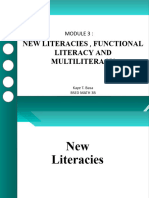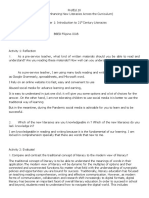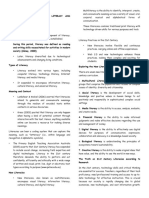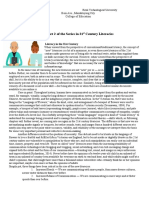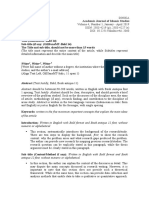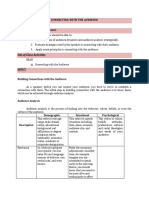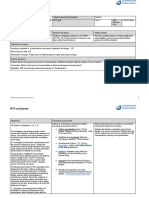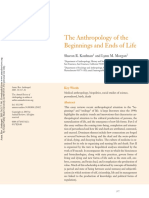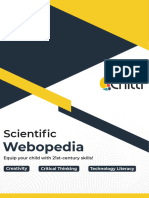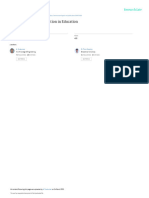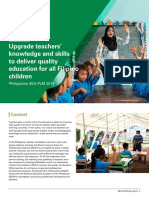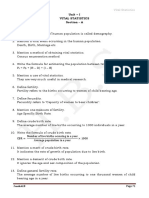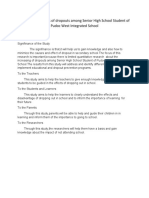0% found this document useful (0 votes)
36 views3 pagesLiteracy Skills for Future Educators
The document discusses different types of literacies taught in an education subject including functional literacy, new literacy, financial literacy, media literacy, digital literacy, and social literacy. It reflects on what the student learned in the subject and expresses gratitude to the instructor for teaching the useful knowledge in an inspiring way.
Uploaded by
Heljane GueroCopyright
© © All Rights Reserved
We take content rights seriously. If you suspect this is your content, claim it here.
Available Formats
Download as DOCX, PDF, TXT or read online on Scribd
0% found this document useful (0 votes)
36 views3 pagesLiteracy Skills for Future Educators
The document discusses different types of literacies taught in an education subject including functional literacy, new literacy, financial literacy, media literacy, digital literacy, and social literacy. It reflects on what the student learned in the subject and expresses gratitude to the instructor for teaching the useful knowledge in an inspiring way.
Uploaded by
Heljane GueroCopyright
© © All Rights Reserved
We take content rights seriously. If you suspect this is your content, claim it here.
Available Formats
Download as DOCX, PDF, TXT or read online on Scribd
/ 3






